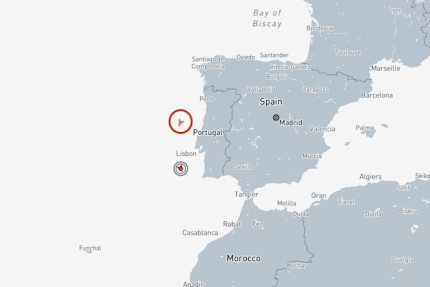Bloomberg reports that tankers that previously transported Russian oil are increasingly refusing transit amid solid Western sanctions.
How sanctions affect the Russian oil business
According to journalists, about half of the 50 tankers that used to transport Russian oil no longer load it. The main reason is powerful Western sanctions.
The last successful example of the introduction of sanctions took place with the ship "NS Leader", which was on its way to load oil in the Baltic Sea, but was forced to turn around off the coast of Portugal immediately after the notification of the introduction of sanctions against itself.

In addition, it is noted that all eight vessels sanctioned in the first wave are now idle.
According to journalists, the majority — shortly after they were included in the list by the US Treasury Department.
What is also important to understand, immediately after the first sanctions to limit the price of Russian oil at the end of 2022, and then against Russian oil products two months later, Russia was able to build a network of "shadow fleet".
Moreover, as is known, some Western companies continued to transport oil beyond the established price ceiling.
Are Western sanctions a solid blow to Russia?
Foreign analysts draw attention to the fact that the price cap achieves critical goals:
takes energy profits from the aggressor countries, which it spends on the war against Ukraine;
contributes to the stability of energy markets.
However, as experts emphasize, the secretive nature of Russian trade means that it is difficult to be sure how badly the Russian Federation will be hit.
With this in mind, an updated price cap will soon be implemented, requiring shipowners and insurers to request more detailed information on how much traders pay for cargo and the associated delivery costs.




